Back in January of 1976, produced by RCA Records, one of the greatest albums of all time was released. Despite the album’s six tracks, David Bowie’s Station to Station took the world by storm, going certified gold within a month of its release, and is even played and talked about to this day. Aside from the genius, catchy melody the songs from this album have, their lyrics are even more worldly and mind-opening, especially in the opening, ten-minute-long title track.
Despite the misleading title, this track is not about traveling from one train station to another. Looking more closely at the lyrics, a story is told about a troublesome character, the “Thin White Duke”, whose origins can be found in Bowie’s album, Young Americans. This character covers up his lost stimulus of life with the use of drugs, wondering if he will ever truly find a soulmate that gives him that same euphoric feeling he gets from the severe narcotics he relies on to get through life. The lyric “Wonder who, wonder who, wonder when” tells a whole story that many can connect with, showing that bit of curiosity and hope that even charmingly insensitive individuals have towards possibly finding love.
To really understand this character’s suave yet heartless behavior, in the first verse, we can see that the speaker is almost fascistic, mentioning the concept of “dredging the ocean,” displaying the intention of cleansing the world of all other ideas that he may frown upon. He thinks of himself as a superior being that looks down upon all that surround him. In this same verse, he also mentions the journey “From Kether to Malkuth,” which are the starting and ending Stations of the Cross, which are the “stations” this song refers to. When translated to English from Hebrew, Keter means “crown” and Malkuth means “kingdom,” showing the divine power the Thin White Duke is hungry for, since in the dynamic where he views a crown placed upon his head, he also sees the world as his domain.
Come the second part of the song, the audience can really see where all of the speaker’s mental struggles are revealed. Though there were never particular high’s from his past that he recalls specifically, he mentions through use of metaphor, how life used to seem so much more hopeful, with the mystery of the future ahead, and how physical aspects of the world around him made it seem so much bigger than him. Now the Thin White Duke washes the worries of reality away with the effects of drugs, deluding himself into thinking that the dopamine he experiences is actually from effects of love.
Then, in the second chorus that gets repeated many times throughout the song, he continues to mention how “it’s too late” to go back to that more optimistic time in his life, and continues on as his arrogant self that he sees as a dominant force as conveyed through the use of “The European canon,” which references the time in the 18th century when European powers were struggling to balance the power well enough from country to country in order to prevent a single nation from dominating the content entirely. Metaphorically, the Duke sees himself as the country that dominates all the others, feeling like a glorious spotlight has been put on him, that causes all others to choose to admire and respect him.
Simply said, this track on the album may very well have a favorite of Bowie’s with all the hours that must have been put into this well crafted, mature masterpiece, judging based off of the lyrics alone. Now, in the track music and its entirety, it is still a beautiful tune, but the constant shifts and upbeat melody should not take away from the appreciation that must be given to the written portion. Whether the details of the Thin White Duke’s life were all inspired by the way Bowie felt about his own, there is no way to know for sure, but regardless, Bowie is a true poet at heart that knows how to tell a substantial story that will live forever, as the power of Station to Station is timeless.

















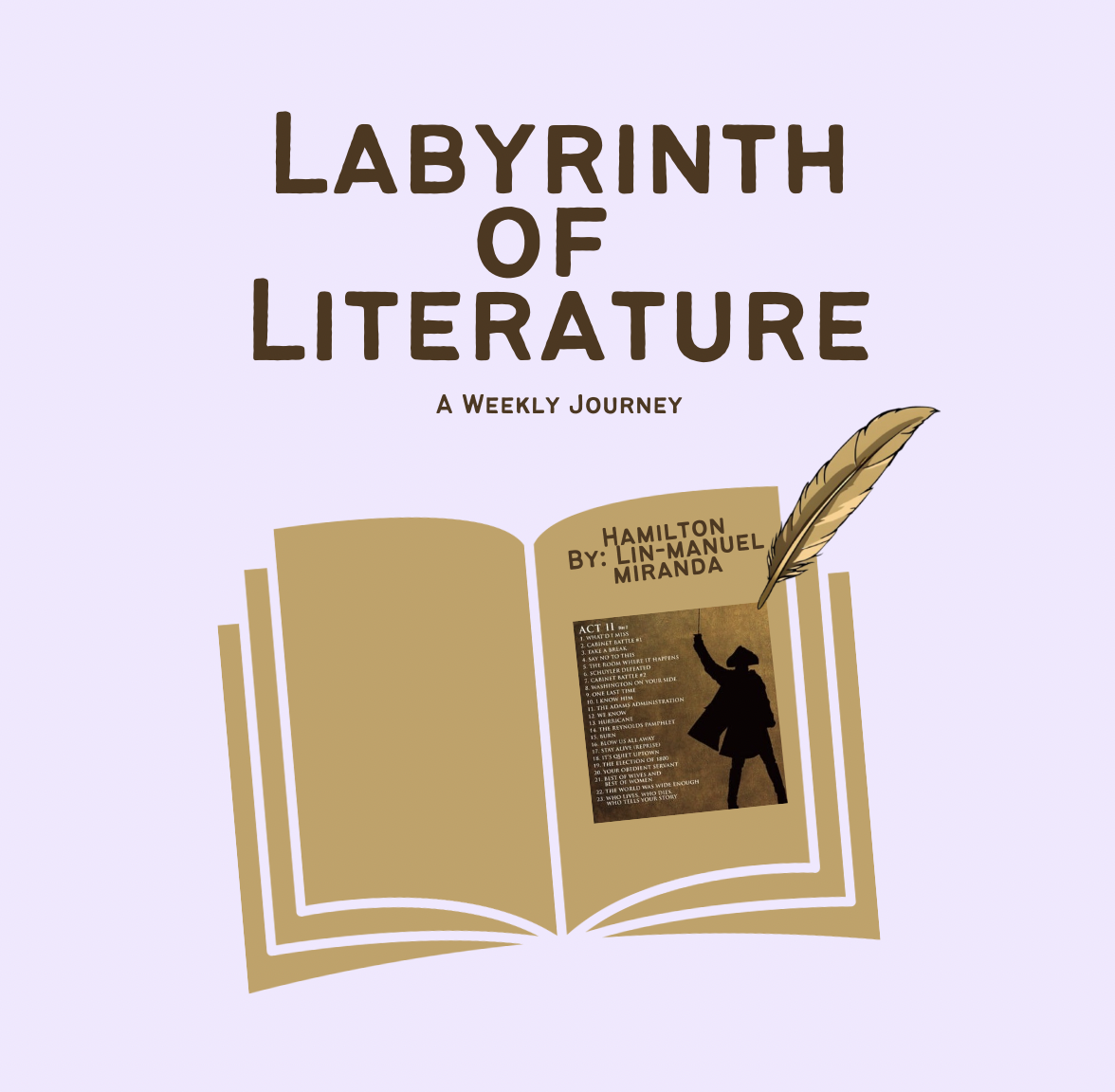
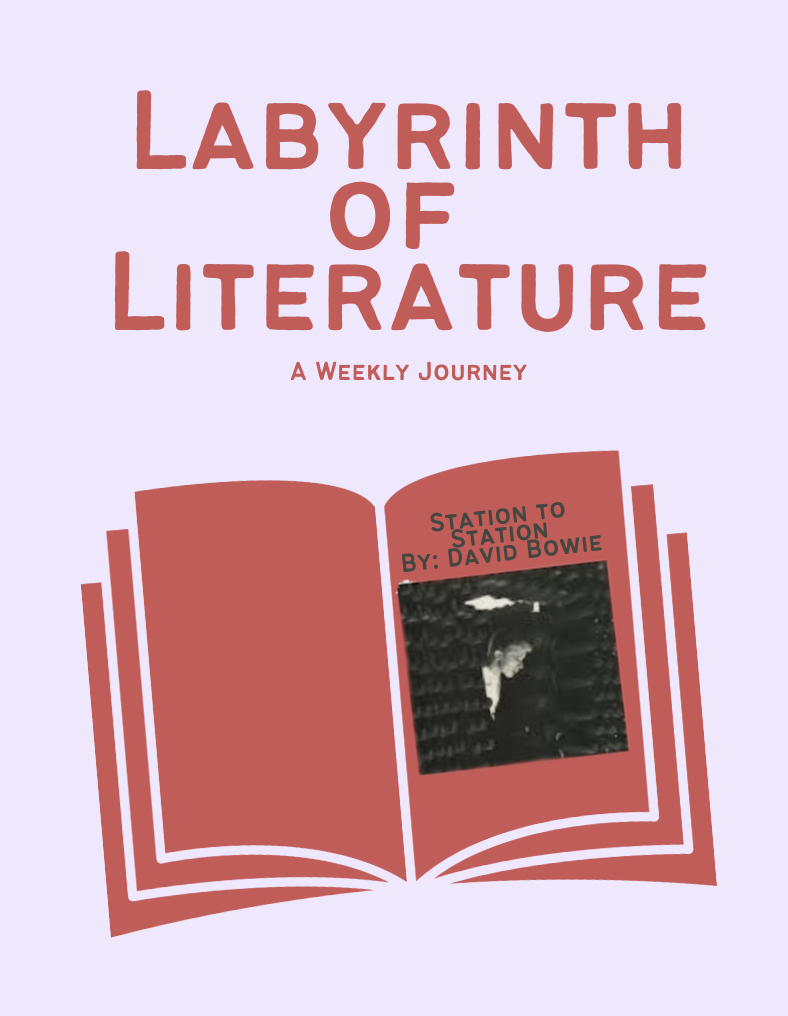


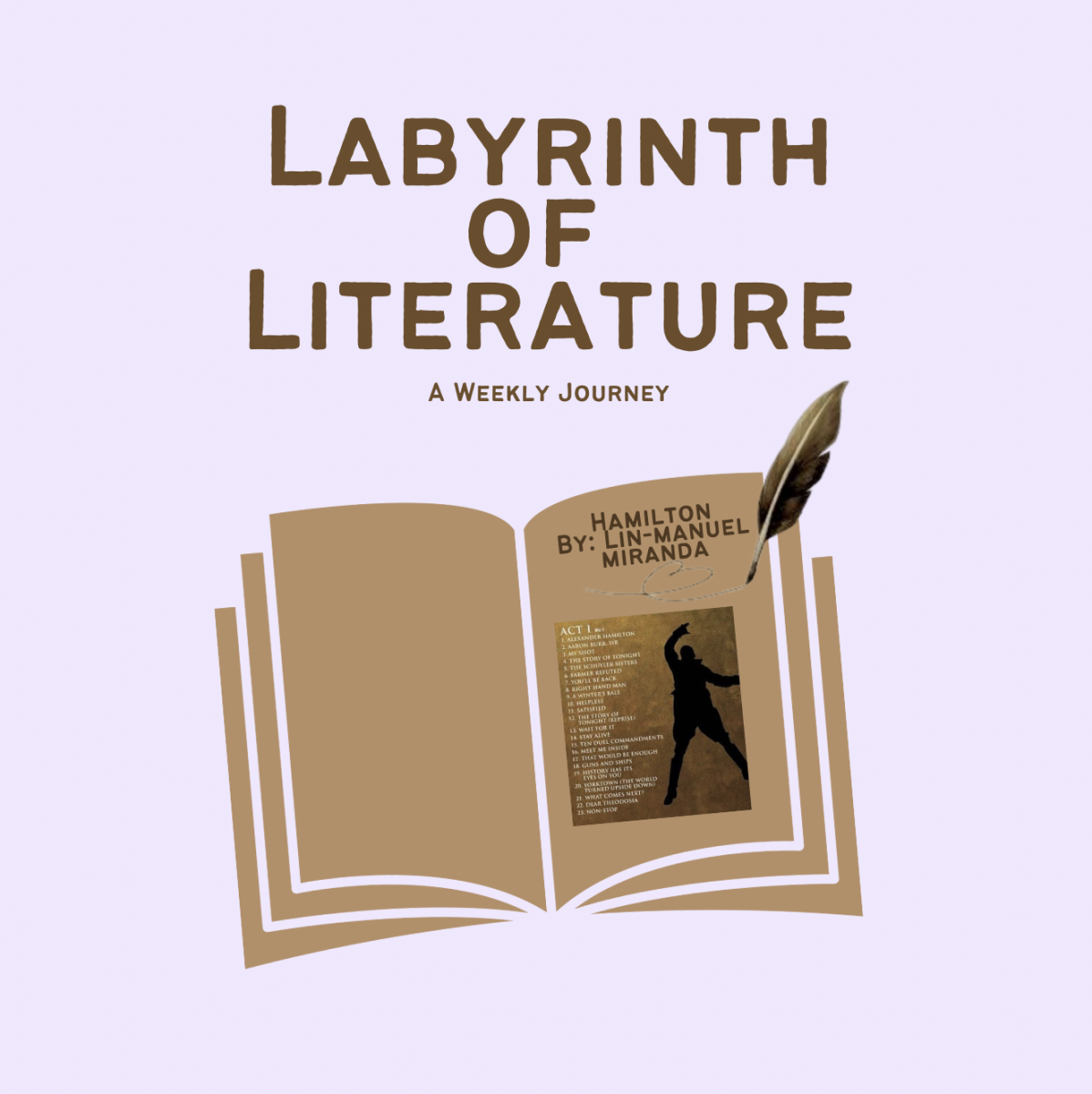
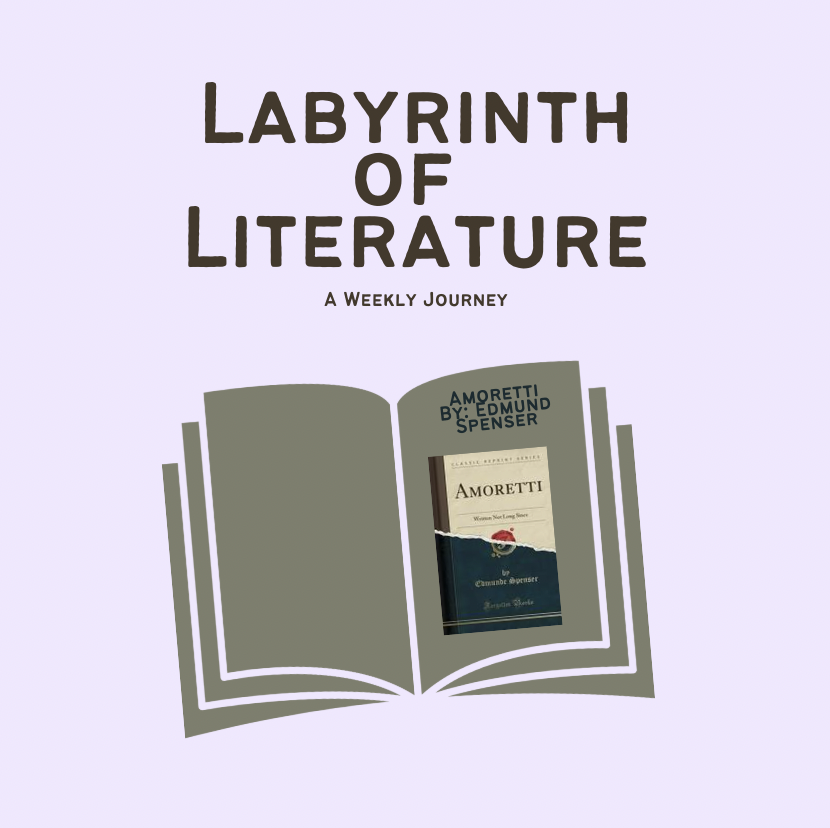
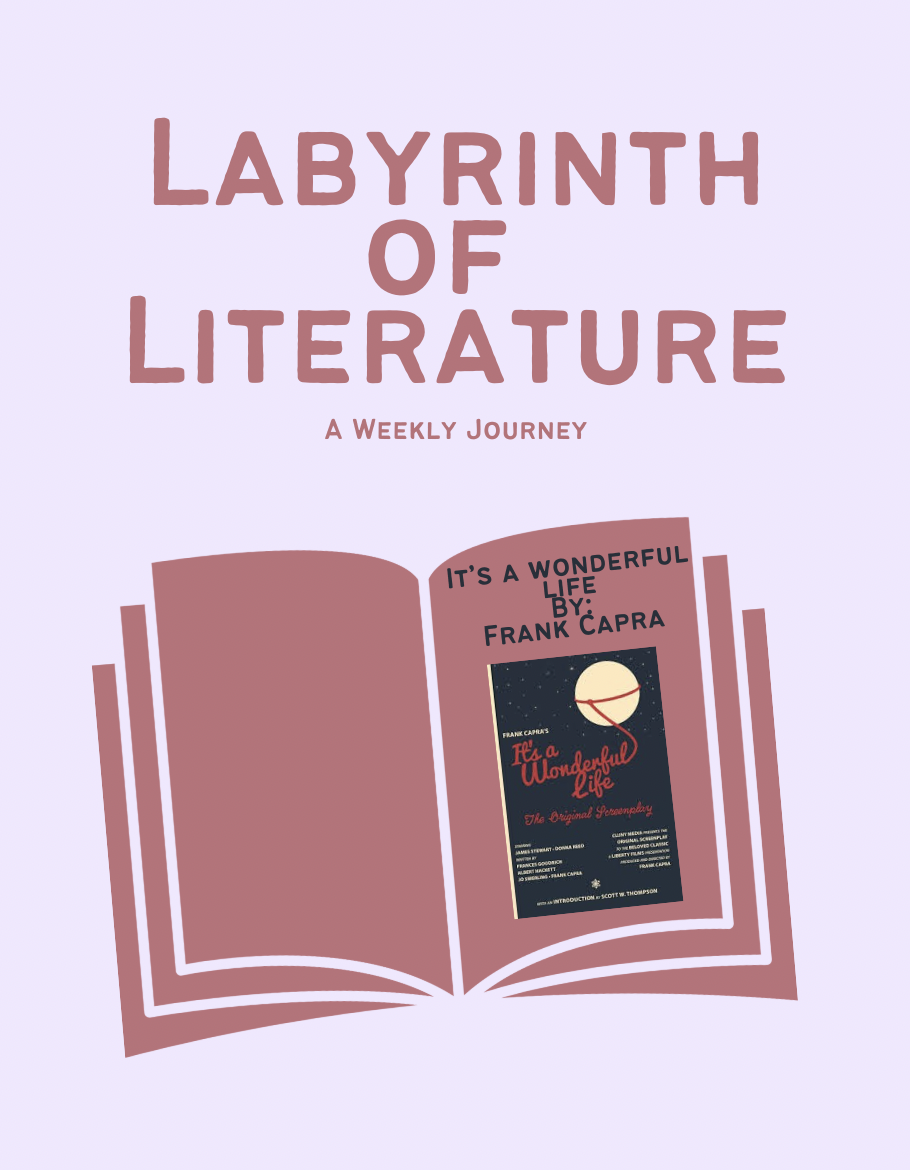

Reb Sibley • Dec 3, 2024 at 9:45 am
I’m loving this Labyrinth of Literature series!! Yes!